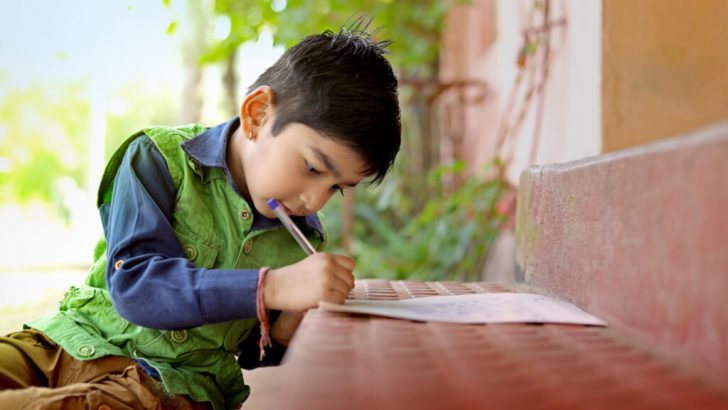Growing up with limited resources often means developing unique skills and perspectives that others might not fully understand. Those who faced the challenges of financial scarcity as children learned to navigate life in creative and resilient ways. From making do with little to cherishing small joys, these experiences shaped their outlook and abilities.
This blog post delves into 13 distinct experiences that many who grew up poor can relate to. These stories reflect both the struggles and the unexpected strengths that emerge from such an upbringing, offering a glimpse into a world where resourcefulness becomes second nature.
1. Wearing Hand-Me-Downs
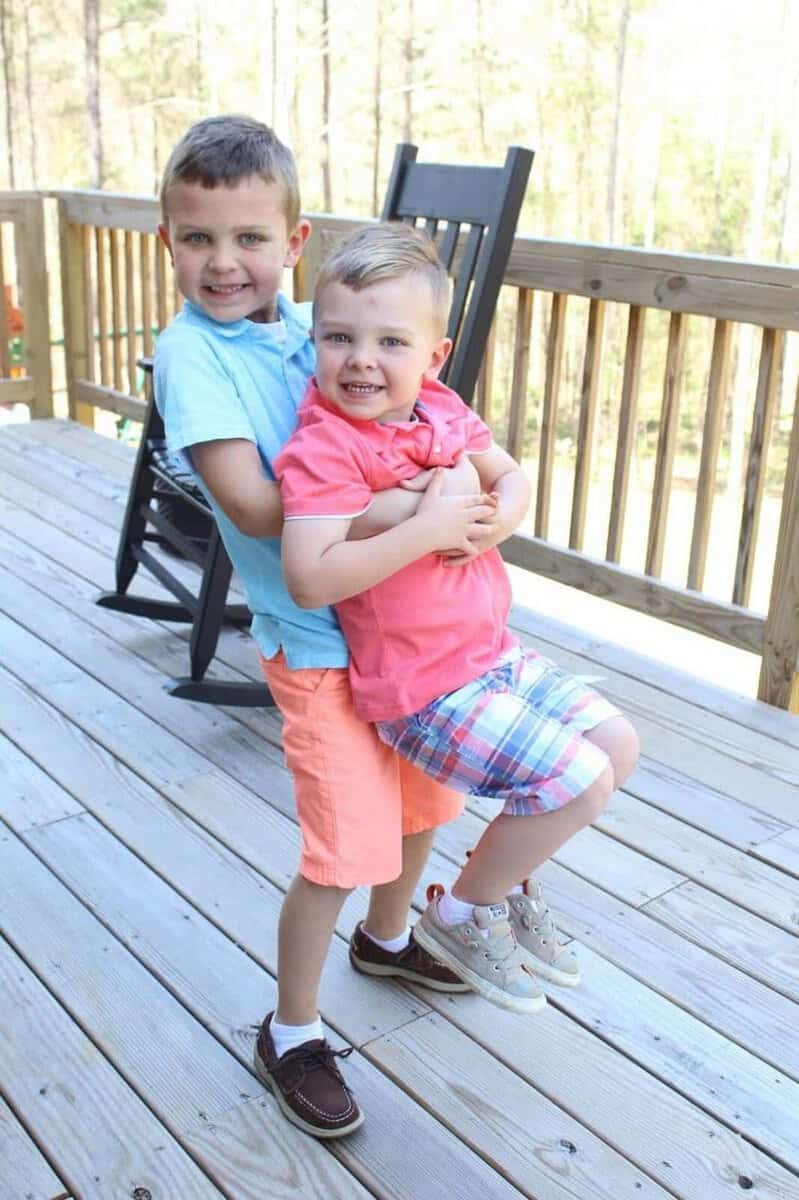
Hand-me-downs were more than just clothes; they were a rite of passage. Children eagerly anticipated receiving clothes from older siblings or cousins. These garments often came with stories and memories attached. Wearing them wasn’t just about necessity; it became a way of life. The mismatched sizes and occasional frayed edges told tales of their previous owners. Yet, pride was found in making the old new again. Each piece was worn with creativity, turning practicality into fashion. Learning to embrace these clothes fostered a sense of style that was both unique and thrifty.
2. Stretching Meals

Family meals meant stretching ingredients as far as they could go. Creative cooking was a necessity, turning simple ingredients into hearty meals. A pot of soup could feed a family for days, with each serving slightly different from the last. Adding spices or leftover vegetables turned the ordinary into extraordinary. These meals, rich in flavor and resourcefulness, taught valuable lessons about making the most of what was available. Eating together became more than nourishment; it was a moment of unity and love, shared around a table with whatever was available, always making it enough.
3. Shared Bedrooms

Sharing a bedroom was a common experience, turning personal space into shared adventure zones. Siblings learned to negotiate and compromise, creating bonds that lasted a lifetime. The confined space fostered creativity, transforming a room into a world of imagination. Whether it was bunk beds or shared mattresses, these rooms buzzed with life and laughter. Privacy was rare, but the togetherness built trust and camaraderie. These experiences taught the importance of relationships over possessions, where love and laughter filled the gaps left by material scarcity.
4. DIY Entertainment
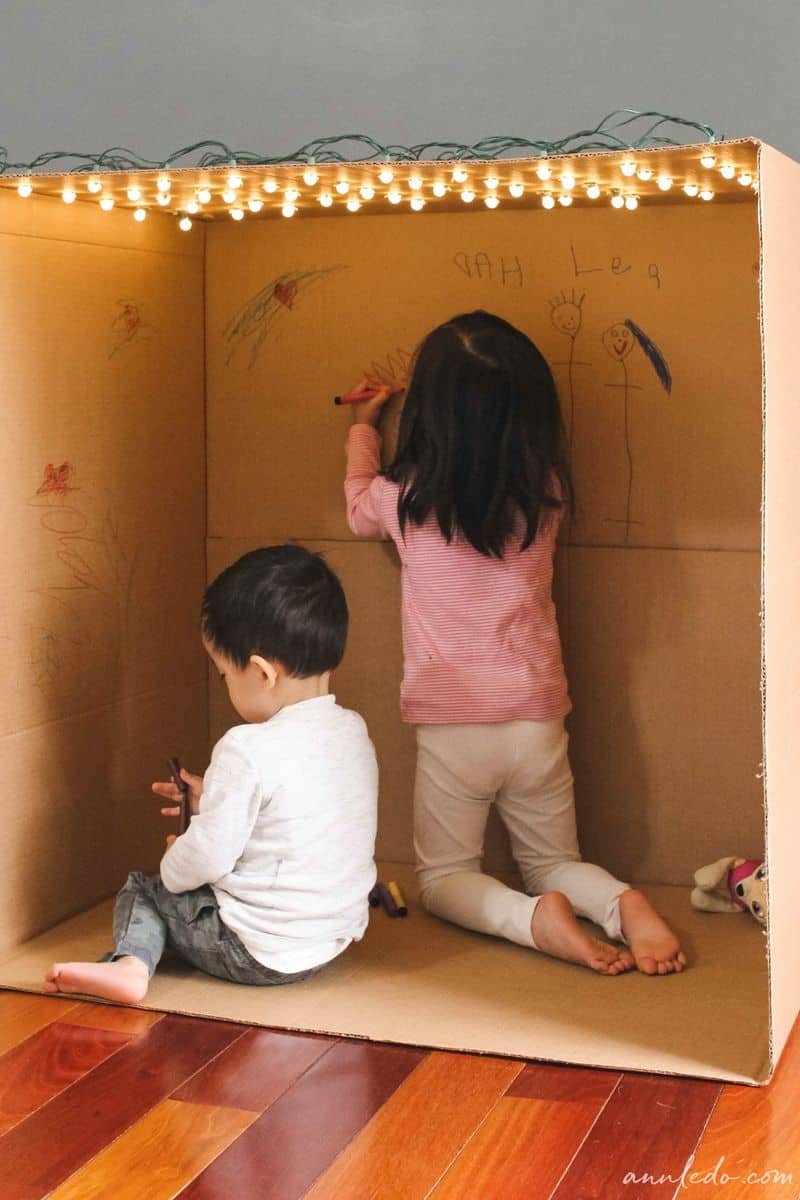
Entertainment didn’t come from store-bought toys or trips to amusement parks. Instead, creativity led the way. Kids crafted their own fun from what was available – cardboard boxes became castles, and sticks became swords. These games, born from imagination, fostered friendships and ingenuity. The ability to create joy from simplicity became an art form. These moments taught that entertainment wasn’t about expense but experience. Laughter and play were abundant and free, leaving lasting memories filled with joy and creativity that no purchased toy could match.
5. Limited Extracurriculars
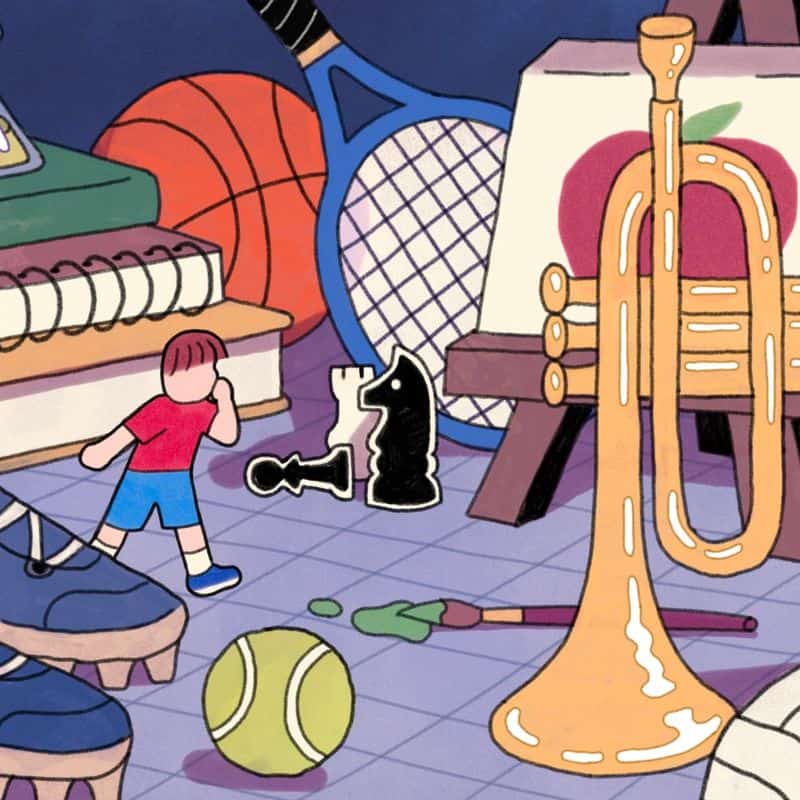
Extracurricular activities were often a luxury, with costs that couldn’t fit the budget. Children learned to find joy and fulfillment in solo pursuits or community resources. Libraries became havens of knowledge and escape. Local parks were stages for athletic aspirations. These experiences taught adaptability, finding joy in the accessible. The desire to participate drove creativity, seeking alternate paths to passion. Determination and resilience sprouted, proving that talent and ambition weren’t confined to affordability. These lessons shaped a profound appreciation for the opportunities that did come, making every achievement feel earned and deserved.
6. Part-Time Jobs Early On

Working part-time as a teenager was more than earning pocket money. It was about contributing to the household and learning responsibility early. These jobs taught financial literacy and the value of hard work. Balancing school and work instilled discipline and time management. It was a gateway to adulthood, where every paycheck meant something more. The sense of pride in helping out and the skills learned became invaluable. These early experiences shaped a strong work ethic and a deep understanding of the importance of perseverance and contribution, far beyond their years.
7. Creative Gift Giving

Gift-giving was an opportunity for creativity and heartfelt expression. Store-bought items were rare, so handmade gifts became treasures. Children poured love and effort into crafting cards or small tokens. Birthdays and holidays meant more than just receiving; they were occasions for giving joy through creativity. These practices instilled an appreciation for the thought and effort behind each gift. The joy came not from the monetary value but from the heart. These experiences taught the true value of giving, where thoughtfulness and effort were the most cherished gifts of all.
8. Frugal Family Outings

Family outings didn’t require expensive trips or fancy restaurants. A day at the local park with a homemade picnic was a cherished adventure. These outings focused on togetherness, laughter, and nature’s beauty. Simple activities became special, where imagination turned ordinary moments into extraordinary memories. These experiences taught the importance of family and finding joy in simplicity. Bonding over shared sandwiches and scenic views, love and togetherness were the highlights. These moments offered a priceless connection, proving that happiness isn’t bought but woven through shared experiences and cherished moments together.
9. Secondhand Treasures

Secondhand stores were treasure troves filled with possibilities. Excitement filled the air as children rummaged through racks, hunting for hidden gems. These finds, whether clothes or toys, held stories of past lives. Each discovery was unique, fostering an appreciation for history and character. Thrift shopping taught resourcefulness and creativity, turning budget constraints into opportunities for individuality. This experience cultivated a mindset of valuing quality and uniqueness over price. It was a thrilling adventure where every purchased item had a story, and every visit promised a new chapter in the world of secondhand wonders.
10. Cherishing Small Joys
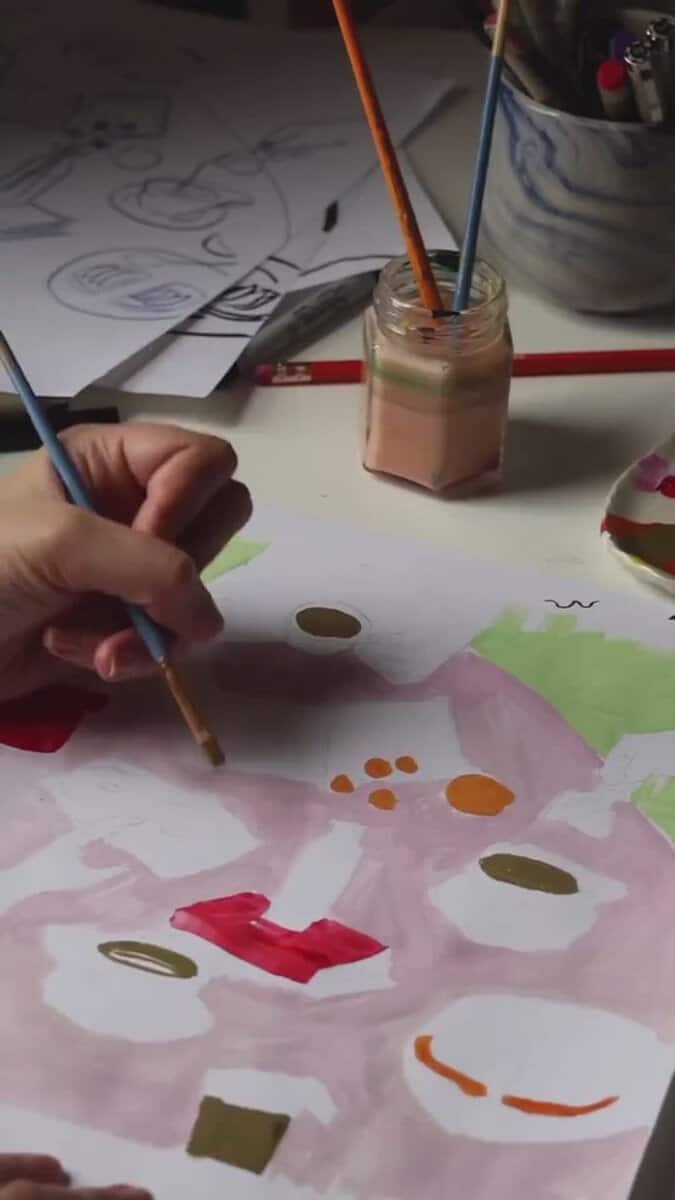
Joy came in small, often unexpected ways. A simple bubble-blowing afternoon could bring endless happiness. These moments taught an appreciation for the little things. Finding joy in everyday experiences became an art form. It wasn’t about what you had, but how you enjoyed it. These experiences instilled a deep sense of gratitude for life’s simple pleasures. Happiness wasn’t tied to material wealth but to the richness of moments filled with laughter, creativity, and imagination. Embracing these small joys shaped a fulfilling outlook on life, where the simplest things brought the greatest joy.
11. Shared Community Resources
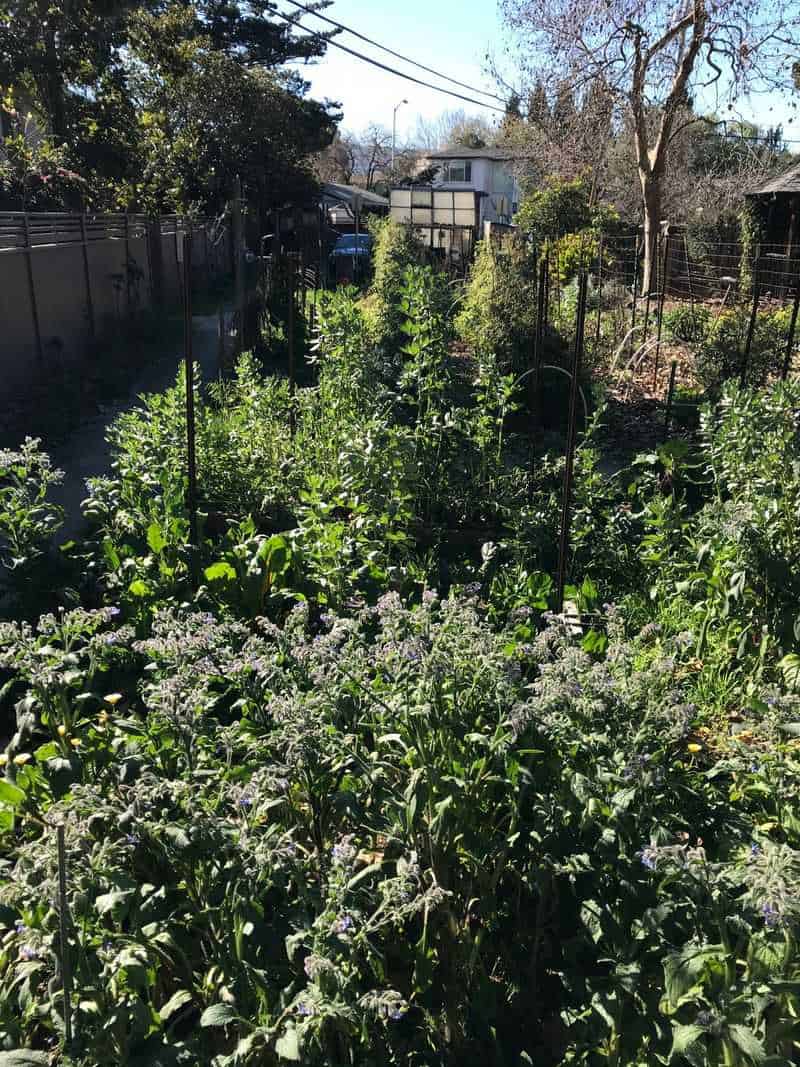
Communities became extended families, offering resources and support. Public libraries, local events, and community centers were invaluable. These places provided learning, entertainment, and a sense of belonging. Children learned the value of shared spaces and collective resources. They fostered friendships and developed social skills in these communal environments. The sense of community instilled a belief in collective strength and support. These experiences highlighted the importance of community in personal growth, teaching that togetherness and shared resources create a network of support and opportunity, nurturing both individuals and families alike.
12. Finding Value in Repairs
Repairing was a way of life, where fixing replaced discarding. Learning to sew a tear or patch a worn-out item became essential skills. This practice taught resourcefulness and ingenuity. It instilled the value of preserving rather than replacing. Each repair was a lesson in creativity and perseverance. These experiences fostered a mindset of sustainability and appreciation for what one has. The skills learned were practical, saving money and reducing waste. These values extended beyond material possessions, teaching resilience and a deeper understanding of worth. Repairing wasn’t just fixing; it was valuing.
13. Learning Contentment

Contentment was a lesson learned early, finding peace and happiness in what was available. Without the pressure of keeping up with trends, children found joy in authenticity and simplicity. These experiences taught gratitude for what was present rather than longing for more. This mindset of contentment fostered happiness and fulfillment. It wasn’t about having less, but about appreciating more. The ability to find joy in what others might overlook became a treasure. These lessons in contentment shaped a life philosophy where happiness wasn’t measured by material wealth but by the richness of the heart.

Well, hello there!
My name is Jennifer. Besides being an orthodontist, I am a mother to 3 playful boys. In this motherhood journey, I can say I will never know everything. That’s why I always strive to read a lot, and that’s why I started writing about all the smithereens I came across so that you can have everything in one place! Enjoy and stay positive; you’ve got this!

